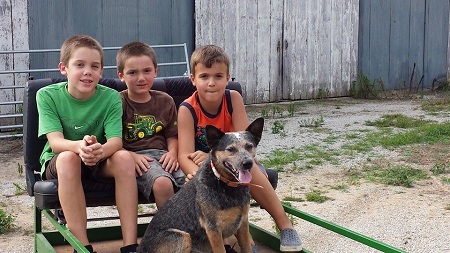No Holds Barred
 No holds barred means no rules.
No holds barred means no rules.
Years ago, wrestlers fought with no limits. They used any hold they chose. Today, most follow rules.
No holds barred also means extreme.
We do whatever it takes to get what we want. We fight for:
- The best job
- More money
- Freedom
Nothing gets in the way of our goal.
No holds barred is a dangerous way to live.
Without rules, wrestlers risk injury and death. The same applies to all of us.
We need rules.
We may not always like them. However, rules:
- Give guidance
- Keep us safe
- Let us know what to expect
Rules make life better for everyone. They help keep us out of hot water.
God gave the Ten Commandments for a better life. Jesus said the greatest commandment is to love God and love one another. If we do that, we keep all the others. We stay on the straight and narrow.
“If anyone competes as an athlete, he will not be crowned as the winner unless he competes according to the rules” (2 Timothy 2:5 NET)
Thanks to Timothy Lewis for the suggestion and DeWayne Frazier for the photo.
Do you have an expression you want explained? If so, please comment below.
Subscribe to receive my weekly posts by email and receive a free copy of “Words of Hope for Days that Hurt.”
If you enjoyed this post, please share it with your friends.
 We do well if we think before we speak.
We do well if we think before we speak.  A whippersnapper usually means a young or small person.
A whippersnapper usually means a young or small person.  “Nip it in the bud. Just nip it in the bud.”
“Nip it in the bud. Just nip it in the bud.”  If you have seen elk or other animals lock horns, you know exactly what this expression means. Two animals fight one another. The fight often results in locked horns (or antlers).
If you have seen elk or other animals lock horns, you know exactly what this expression means. Two animals fight one another. The fight often results in locked horns (or antlers). When we get mad as a wet hen, we get angry – very angry.
When we get mad as a wet hen, we get angry – very angry. Most of us have occasional fit-to-be-tied moments. We become:
Most of us have occasional fit-to-be-tied moments. We become: If I take a wrong step in
If I take a wrong step in  Today’s post comes from the heart. I share it with:
Today’s post comes from the heart. I share it with: A tall tale is a whale of a tale.
A tall tale is a whale of a tale.